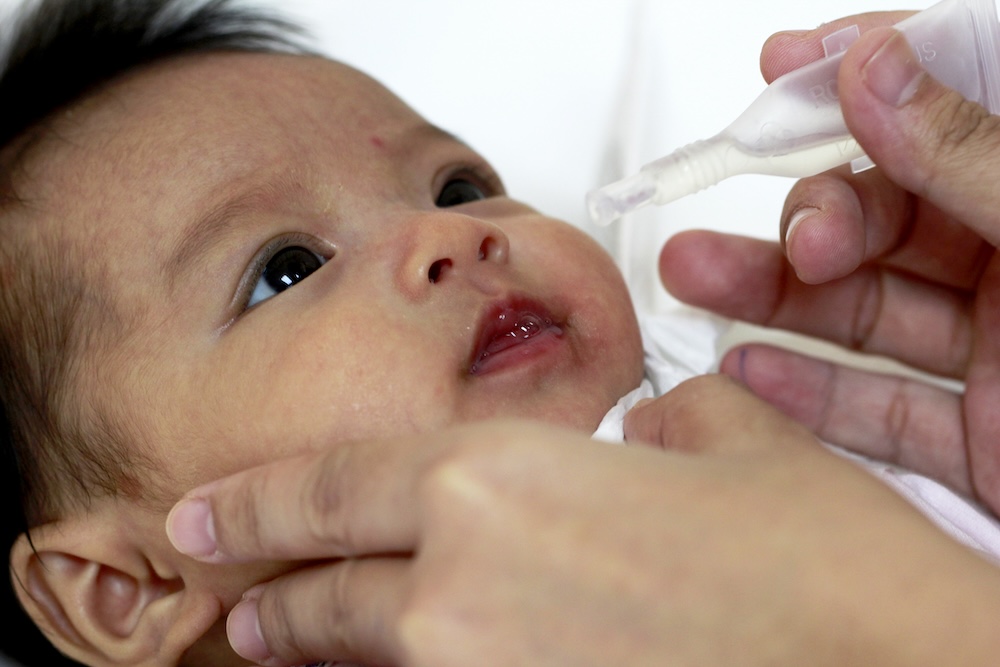
Efforts to identify the genetic risk factors of long COVID have progressed, following a landmark study.
PrecisionLife and Metrodora Foundation say they have successfully reproduced the genetic risk factors associated with long COVID across US and UK patient populations with diverse ancestries.
Using PrecisionLife’s analytics platform, the study could aid the development of more precise diagnostic tools and therapeutic strategies towards the condition.
Long COVID is a complex, long-term debilitating condition that affects tens of millions of patients, creating a rising healthcare and lost productivity burden of over US$1 trillion (or one per cent of global GDP) annually
Traditional genome-wide association studies (GWAS) have struggled to identify any reproducible genetic associations, limiting progress in studying the condition.
Understanding the specific biological causes of disease in different patients is essential for developing effective diagnostics and personalised treatments.
PrecisionLife analysed data from the US National Institutes of Health’s All of Us Research Programme, to reproduce findings from its previous study based on data from the UK Sano GOLD long COVID project.
Over 88 per cent of the genes identified in the initial study that could be tested were replicated in the ‘All of Us’ cohort, despite significant ancestry differences between populations.
The findings could enable a much-needed definition of long COVID diagnosis and pave the way for a biomarker-driven diagnostic test that can accurately evaluate an individual’s genetic risk of developing the condition; and distinguish it from other post-viral syndromes to guide personalised prevention and treatment strategies.
Steve Gardner, CEO of PrecisionLife, said: “Confirming that we can reproduce long COVID genetic risk factors across populations with different ancestries is a crucial step forward for understanding the disease.
“These findings redefine our understanding of the genetic components of long COVID, laying the foundation for precision medicine approaches that could revolutionise care for millions. They also provide strong support for the use of combinatorial analytics to find exciting new opportunities for precision diagnostics and the accelerated development of targeted therapeutics in complex, chronic diseases that affect billions of lives.”
The study found that 11 out of 13 drug repurposing targets previously identified were also observed in the dataset, strengthening the case for targeted clinical trials to evaluate their efficacy.
“Patients with complex conditions, like long COVID, simply can’t wait. They are suffering daily. They need solutions, and they need them now,” said Amy Rochlin, executive director of Metrodora Foundation.





